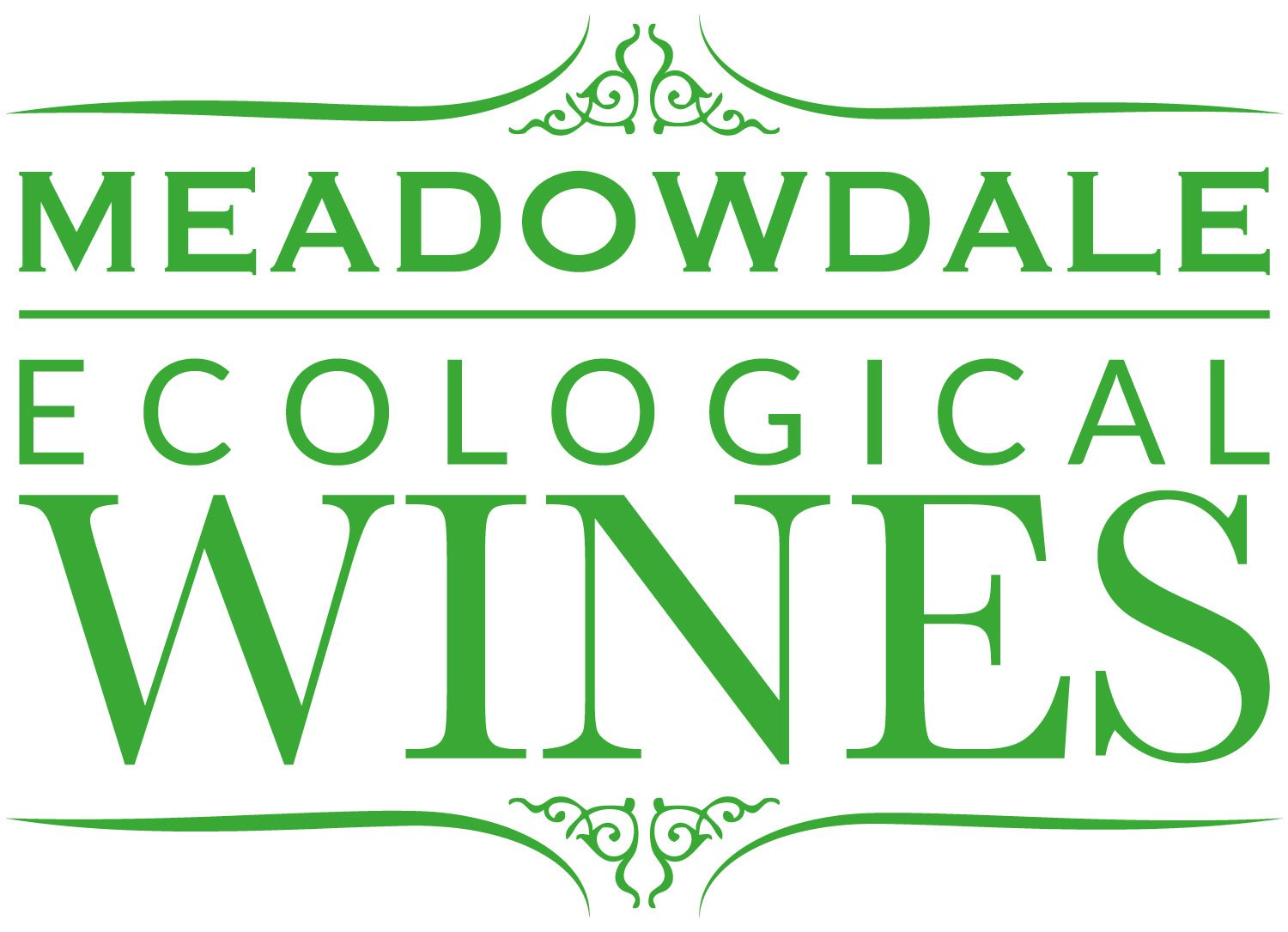Interview with Rory of La Casa di Bricciano, Chianti Classico, Tuscany
October 2016
La Casa di Bricciano is a small organic winery in the heart of Chianti Classico. The yearly production is only 12,000 bottles. Text by Åsa Johansson
Rory, the middle son of the family has been in charge of the production since the beginning of summer 2016. We had the chance to talk to him about his work while tasting the wines he and his family produce - and of course enjoying the beautiful view over the stunning Tuscan countryside.
Rory, you are only 22 years old, why are you in charge of the winery?
Since I was a child, I enjoyed staying beside my father while he worked in the vineyards and in the cellar. I always felt very passionate about our family’s work and as soon as I finished high school I joined my father and started to work with him. Sadly, he passed away earlier this year, in June, and I had to take over. I am very young but I hope, and believe, that I can continue my father’s work.
What is the biggest challenge for you at this moment?
It is to continue working with the same passion and strength my father had and to show all over the world this beautiful job that comes from the love of this amazing land. And the paper work. I have never been good with bureaucracy.
What is special about your vineyards close to the village Gaiole in Chianti?
Our vineyards are 560 meters above sea level. In the past that was “too high”, but the climate is changing and today with the higher temperatures, being on top of the hill is positive. Our grapes reach a perfect maturation even a very hot vintage.
You prune some of your vineyards as bush wines, why?
My father was born and lived in South Africa for thirty years. He brought his knowledge to Tuscany. For example, he started to work organically and not only he had planted Sangiovese but Cabernet Sauvignon, Merlot and Ancellotta, non-autochthonous Tuscan varieties. For sure, many thought he was crazy in the beginning of the nineties! He also planted the highest part of the vineyards as bush vines. There are strong winds on the top of the hill and letting the vines grow close to the ground, they are more resistant. Second, he wanted to keep the vines low to be able to land with his air-plane without destroying the vines.
Air-plane?
Yes, he was a passionate flyer, something he passed on to my brother and me. We both have a flying certificate. My father never realized his dream of landing in our vineyards with his plane. We will try to fulfill that dream too!

